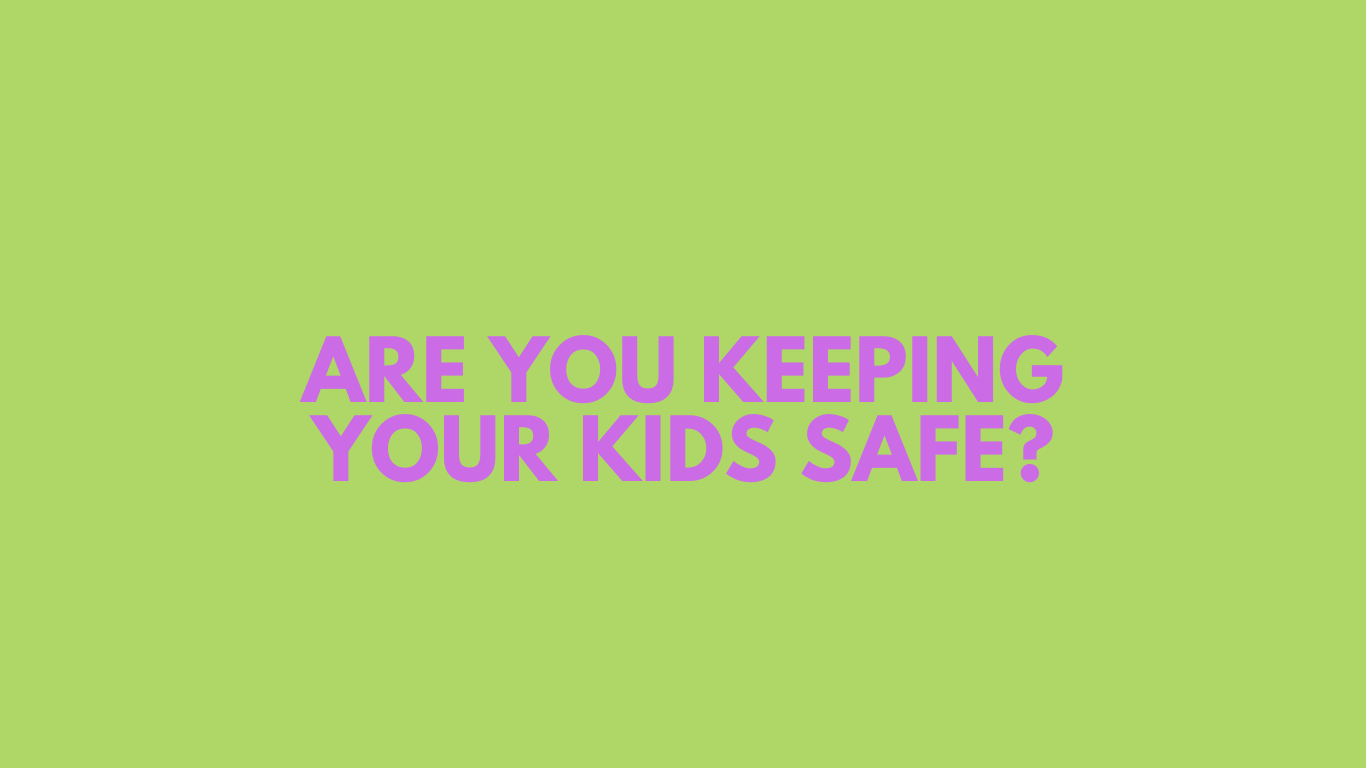Are you Keeping Your Kids Safe?
Teens and Technology
…how safe are they?
Kids today have so much access to information. Kids can talk and form relationships with individuals across the world. Technology takes “pin-pals” to a different level and your child is able to talk to, see, and form relationships with people all over the world. Although this seems really cool, initially, technology and the amount of information is putting your child at risk. Is your child’s access to technology keeping your child safe?
Your child’s access to computers, smart phones, internet, iPads, tablets, and social media sites like Facebook, Twitter, SnapChat, and Instagram may be putting your child in danger. But you have to be careful here. Allowing your child access to these things can give your child access to dangerous people and situations. Not allowing your child access to these things does not allow your child to learn valuable lessons in self-safety, self-esteem, responsibility, and accountability.
How you handle technology and your child’s access to social media can put your child in danger. I have seen both sides of the “allow your child to have access to technology and social media” debate. And I have seen both put children in dangerous situations. Allowing your child to have their own cellphone and computer puts children in unsafe situations as they interact with peers, and dangerous peers or adults, on the internet. I have seen parents remove all access to technology and social media and this causes children to rebel and act out by sneaking out, running away, lying and sneaking. This behavior also puts your child in a dangerous situation.
You can keep your child safe, allow your child access to technology, and teach your child valuable life lessons.
1. Children should have access to cell phone and other technological devices as a reward for good behavior. Let’s say your child has been working really hard in school and you want to acknowledge their behavior by allowing them to get an iPod. Now I have seen this work different ways: you can allow the child to buy with their own money, you can reward money for grades and once saved enough the child can purchase the device, or the child can save money from chores and job and buy their own device. I do not believe a child should be given things for doing behaviors we expect of them. But you can allow your child to work for the item and earn the item. As adults we work and earn a pay check. We buy things we want with this pay check. The premise is the same for your kiddo.
2. Once your child has earned the device there must be clear and specific boundaries regarding this device. Set time limits for use of the device. Allow your child to “check-out” their device. Your child should turn in the device to you every evening at a specified time. Think of this like a curfew. Your child has a curfew for their technology devices. Set limits for the length of time your child is on the device. Rather than allowing the child to have their nose in their phone for hours at a time, you can set a limit that the phone be off and put aside for every minute of they spend on their device.
3. Do not allow your child to have access to their devices alone in their room. This is when kids get into danger. They spend long and late hours on social media or on the internet and not only does your kiddo lose sleep but this makes them more vulnerable to dangerous people. You can ask the child to leave their door open or not simply not use devices in their room.
4. Children need a computer and the internet for school and learning. Tech jobs and tech savvyness are good qualities to have for future employment. However your child does not need computers, tablets, or devices with internet access in their room. Create a study space for your child. Can this be in their bedroom? Sure can! But remove all devices from the room prior to bed.
5. Monitor your children’s device use. If you know your child is “studying” you can peek and see what your child is doing. Know every app your child has downloaded. Know all your child’s login information and password information. Know what sites your child has visited. Your kid is pretty smart and your child is around other smart children and kids are finding ways to have secret apps. Know what your child is doing on devices.
6. Teach your child safety. Have honest conversations about the dangers they can encounter on their technology devices and social media sites. Tell your child to tell you when they encounter a situation. Next how you respond determines if your child will continue to be honest with you or try to sneak. Do not punish the child for coming to you with a concern or a situation. You want them to tell you. Tell your child you are proud. Of course there are consequences for behavior but the punishment should fit the crime. Let’s say your child gets a “sext” from a peer. The child tells you when it happens and does nothing else with this sext. Thank your child for their honesty and tell you are proud. Explain it must be reported and that you will give your child the opportunity to report it, otherwise you will. Explain to your child the contacts responsible for the sext will be deleted and blocked.
You put your child in danger when we expect them to make adult decisions and not make mistakes. It is our job to teach our kiddos how to behave and act in the world and with others. Preventing them from having access to things will stifle them from being able to learn how to make decisions and problem solve. Your child will make mistakes eventually and the more we are able to teach them and support them to deal with the consequences the more likely your child is to learn valuable lessons and be successful. We cannot expect them to get it right, either. They will screw up. They are emotionally, behaviorally, and mentally immature. And no matter how smart and well-behaved your kid is they will screw up. Therefore we have to allow kids to have boundaries in which to grow up and solve problems. As your child learns and grows you will be able to expand those boundaries to allow your child more freedom. You keep your child safe by allowing them to earn privileges and have clear and established rules for those privileges.
What issues have your come across with your child and technology? How did you handle it? I want to hear from you. What worked? What did not work?
It’s hard being a teenager, if your teen needs help with their anxiety, find a counselor that they may feel comfortable sharing with.


